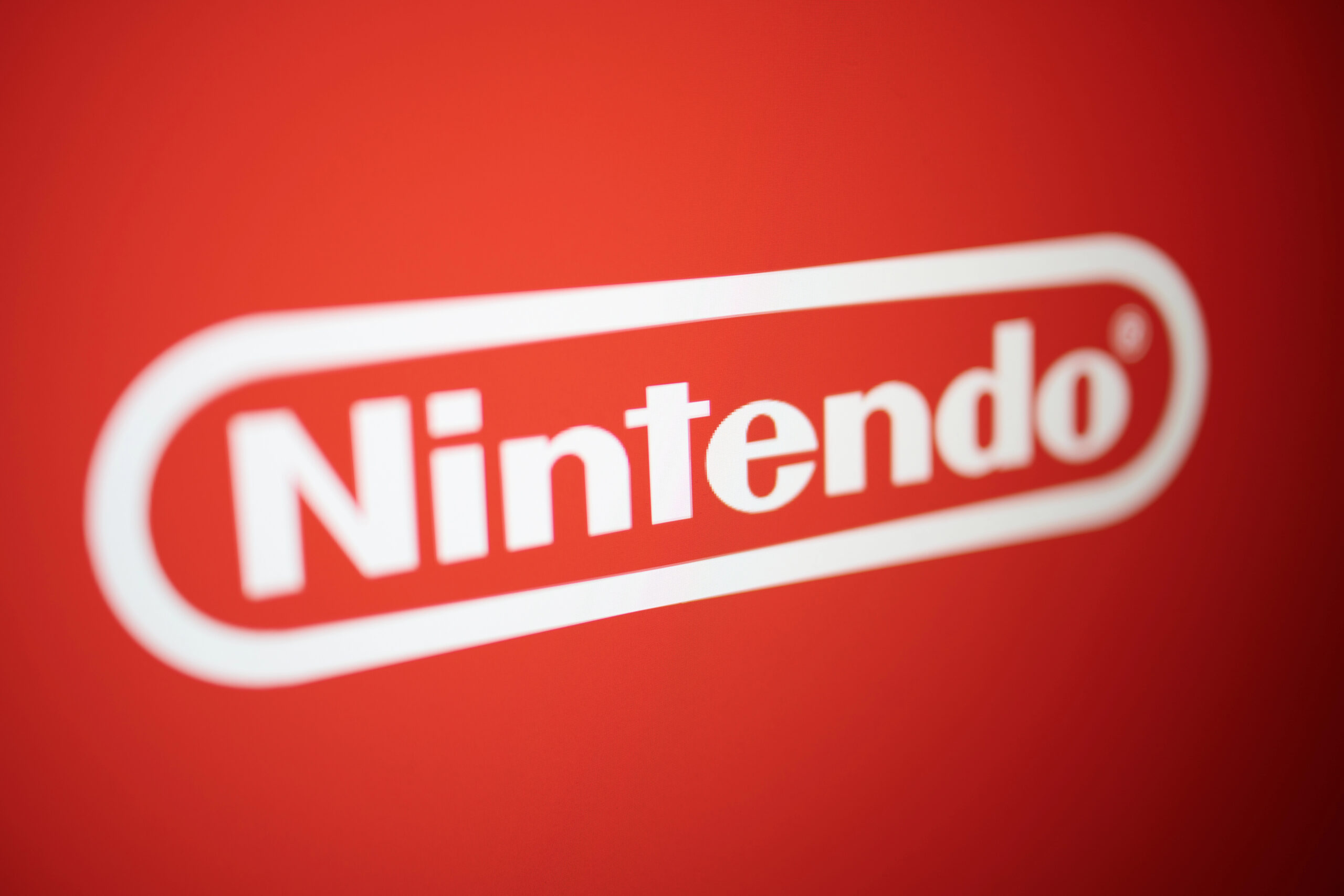Pocketpair, the developer of the game Palworld, is facing legal action from Nintendo due to similarities to the Pokémon franchise.
Nintendo and The Pokémon Company have accused Palworld of violating their patent rights. Their statement stated they would continue protecting their intellectual property and taking legal action against infringements.

Nintendo has not specified the exact aspects of Palworld that violate its patents. However, considering the frequent comparisons to Pokémon, these similarities likely played a crucial role in their decision to take legal action, which started shortly after Palworld’s release in January.
Palworld offers gameplay reminiscent of Pokémon, where players explore a large open world, capture creatures, and employ their skills. However, Palworld introduces a unique element by enabling players to use machine guns in battles against each other.
Since its rise in popularity earlier this year, Palworld has faced a series of controversies. The game has been accused of plagiarising mechanics from other games and using artificial intelligence to generate certain elements.
Pocketpair has yet to be proven to have plagiarised from other games. Defenders have pointed out that Pokémon is not the only game of its kind and that the famous Japanese hobby of insect collecting inspires the genre.
Despite the controversies, Palworld has maintained its popularity. The game experienced rapid growth, reaching 25 million players within its first month.

Pocketpair reiterated its claim that Palworld does not infringe on any patents. They also suggested that the legal proceedings could delay the game’s development.
“It’s unfortunate that we’ll have to spend considerable time on legal matters instead of focusing on game development. Nevertheless, we’ll do our best for our fans and protect indie game developers’ rights.”
Pocketpair expressed that they are unfamiliar with the patents they allegedly infringed upon and that Nintendo has not disclosed any specific information.
With the gaming industry facing increasing scrutiny over intellectual property issues, developers and publishers must balance innovation and respect for existing works. The outcome of the Palworld case could set a precedent for future disputes.


